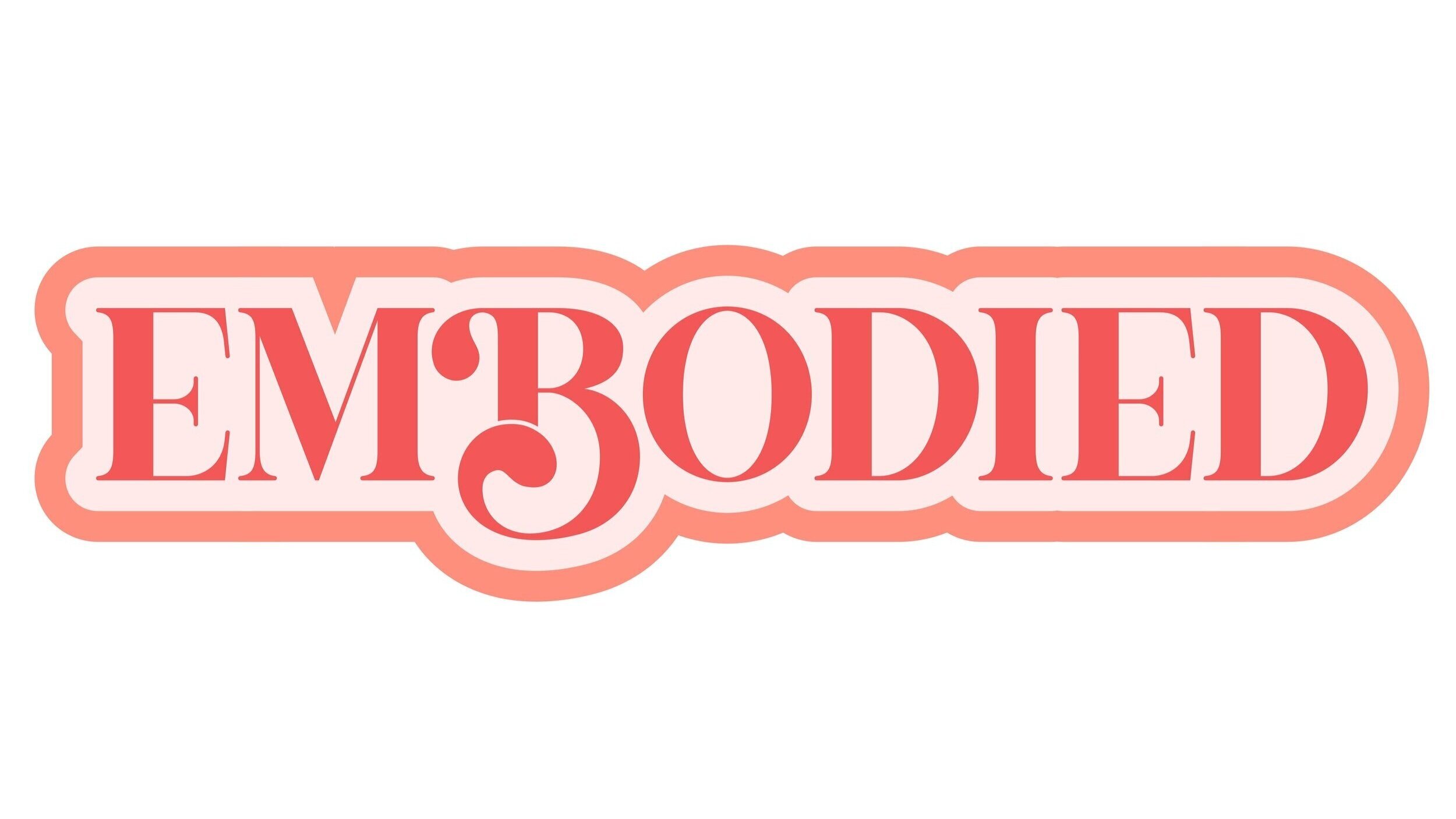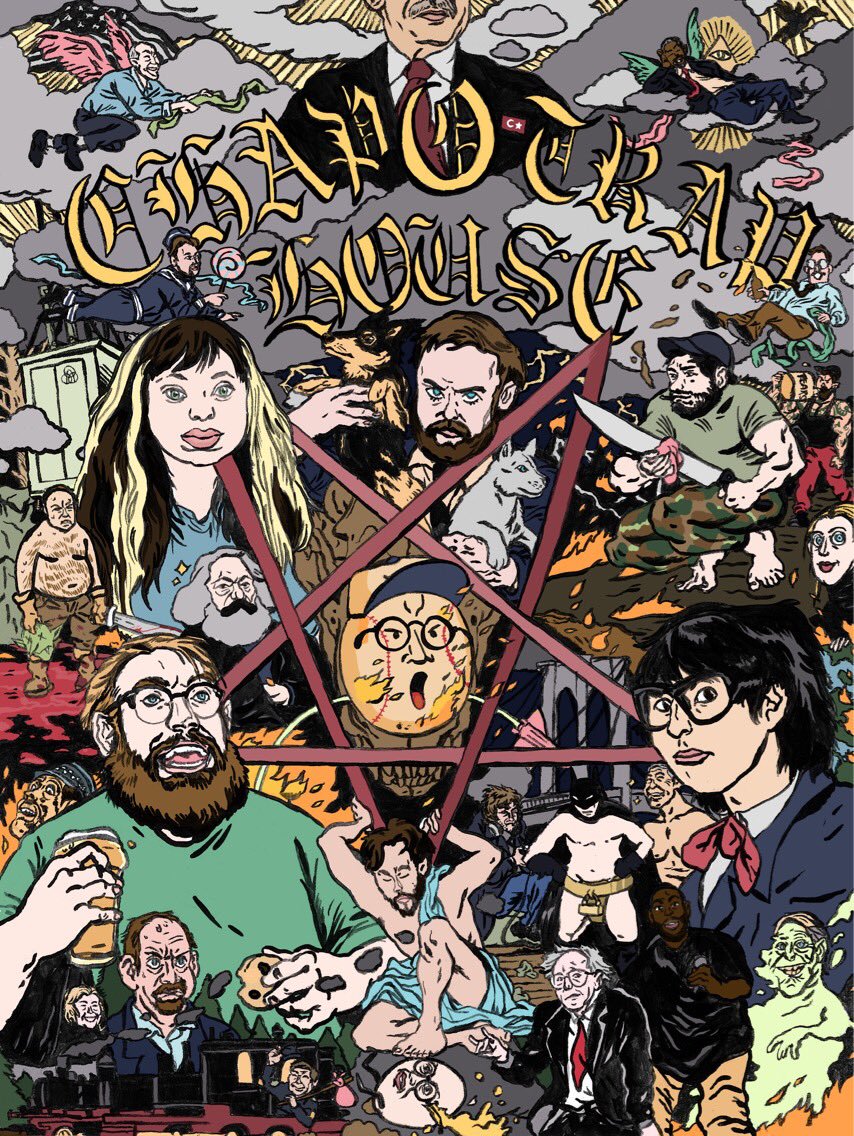Chapo Trap House
By Zach Berger
Image via Patreon
Social media and politics are nearly inextricable. What was once an enterprise of pamphlet distribution, television commercials, and door-to-door canvassing is now in the carpool lane of the information superhighway. Here, politics can breathe and thrive or spoil and metastasize. Fake news existed long before the 2016 election, as did radical politics and subversive subgroups. But what’s different now? The Internet.
The mobility of ideology is now ostensibly uninhibited by physical obstacles. Although information could be disseminated through other mediums like the radio or television, the Internet democratizes claims to a platform, allowing for “garage band” viewpoints to enjoy the same airtime as larger, more corporate entities. Many far right movements found their power online long before they did in physical reality. Unite The Right, for example, organized their 2016 rally in Charlottesville through a Facebook event. There are innumerable subreddits dredging up right-wing conspiracy theories. Breitbart News is still up and running. Radicalization — and more importantly, mobilization — seems easier than ever.
In the wake of Hillary Clinton, many leftists feel alienated by the dissonant turgidity of Democratic (with a capital D) politics that they don’t identify with: aggressive political correctness, neoliberal economic policy, and, like, gay marriage or something. The same dissatisfaction with establishment politics exists among the left and is manifesting in a new brand of Internet leftists seeking to shake Democrats by the shoulders. One, in particular, is Chapo Trap House, a podcast run by five middle class white guys offering an alternative option from existing leftist media. Founded in March 2016, they recently released a book called The Chapo Guide to Revolution: A Manifesto Against Logic, Facts, and Reason. By name alone, their penchant for irony is clear.
Fans of “the pod” come for their witty and referential style of political satire that exposes the mainstream left and ridicules the “bloodthirsty, nativist, white-power ideology” of the right. In terms of critique, they remain objectively derisive of both Democrats and Republicans. This creates a mood of trustworthiness and approachability for a political orientation that is nonpartisan but still ideologically coherent, essentially a reliable “third party” alternative for leftist consumers. Listening to their nuanced, informed opinions is almost a cathartic experience — to hear something relatable, smart, and honest.
The book was released in August of this year, and it follows the same formula but with more room to stretch. It’s divided into six chapters, along with two intermissions, those being a brief history of neoliberalism and a “Kidzone.” Its thesis aims to demystify the ideology behind history, then to retell this history with a focus on the problems its previous writers ignored. Chapo Trap House leads readers through a bleak timeline of economic neoliberalism throughout the world, followed by ruthless criticism of both liberals and conservatives in the U.S. It also explores the nightmarish contemporary marketplace of media, culture, and politics. Towards the end of the liberal and conservative chapters, they break down parodies of political stereotypes like the liberal “corporate feminist” and the conservative “liberty babe.”Although Chapo Trap House uses comedy to soften the blow of its critique, it’s hard to walk away without a splitting sense of despondency over the things out of our control.
Unexpectedly, their qualms with political correctness make the message feel more genuine and less image-oriented. They don’t intentionally insult anyone but justify their position as being in “contrast to the utterly humorless and bloodless path that leads many people with liberal or leftist proclivities into the trap of living in constant fear of offending some group that [they’re] not a part of, up to and including the ruling class.” (https://www.pastemagazine.com/articles/2016/07/chapo-trap-house-are-the-vulgar-brilliant-demigods.html) Their aesthetic and political sensbilities diverge from most liberals in this regard. They don’t apologize, nodding to a common gripe among leftists who view Democrats as conceding to the cultural status quo of conservatism. Cynically torn between the absurdity of the Trump Era and the disappointment from contemporary Democrats, voices like Chapo Trap House enfranchise and provide language for nihilistic leftists. They transcend the political binary but are explicitly not-centrist. One of their main contentions lies with the hypocrisy of compromise, as it always infers Democrats appeasing the right rather than the left.
The level of irony and reference can be a bit overdone at times. It’s either too frequent or it pushes a hair past what may be acceptable. The book is dedicated to “the brave Mujahideen fighters of Afghanistan,” for instance, and their cultural commentary plays on the same sense of humor. In their review of Middlemarch by George Eliot, their “main takeaway is that George Eliot was a really great writer and probably didn’t get the recognition he deserved while he was alive.” Clean, sharp, and witty. Although it’s not for everyone, in this exceedingly blurry, incomprehensible political moment, The Chapo Guide to Revolution might help bring things back into focus.

